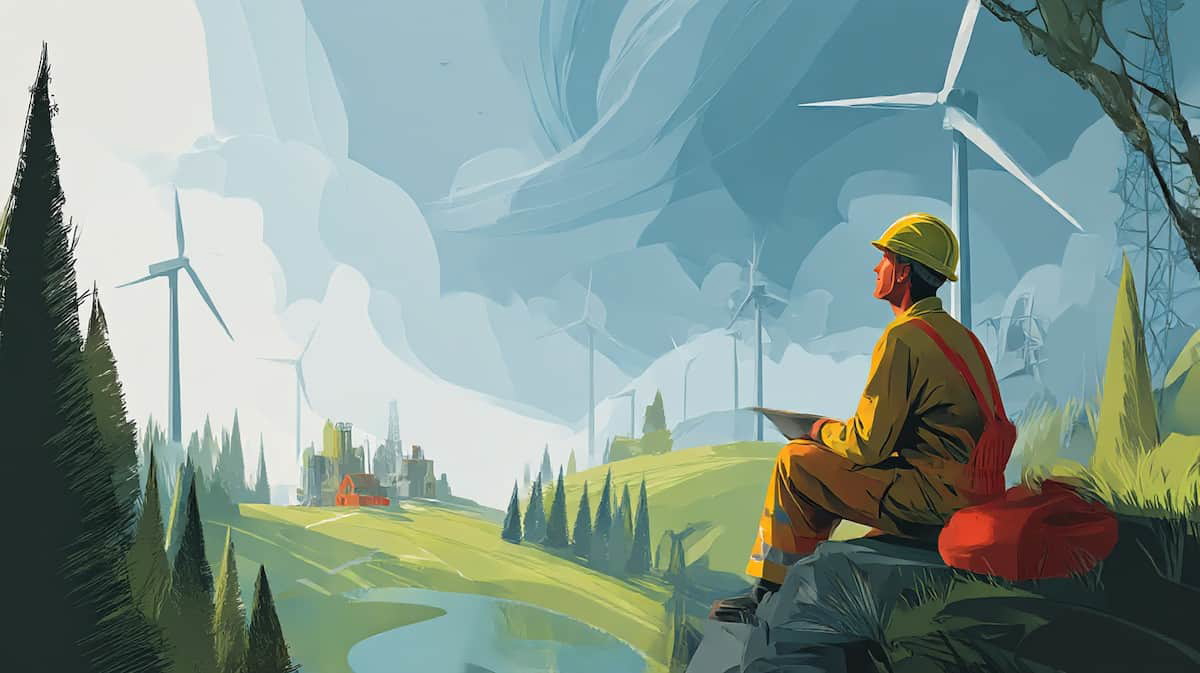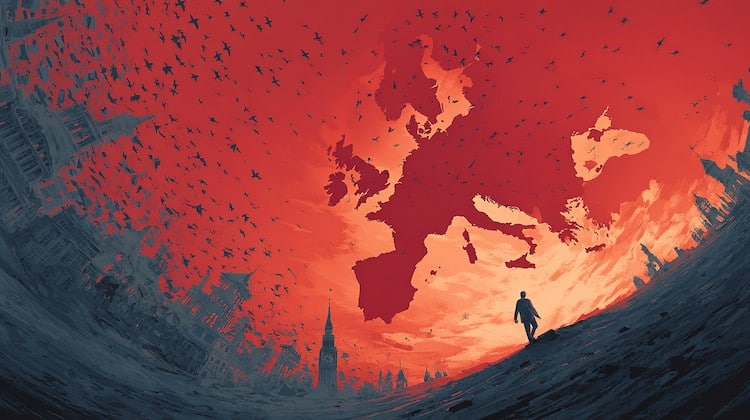
The EU’s Industrial Policy Needs Better Governance
Europe's fragmented approach to industrial strategy undermines its ability to compete with China and the United States.

Europe's fragmented approach to industrial strategy undermines its ability to compete with China and the United States.

Innovation agencies in the EU are no longer fit for purpose. A major overhaul of both the concept of innovation and of institutional structures is urgent.

Europe's twin transformation needs social conditionalities to prevent corporate capture and build democratic legitimacy.

Lagging investment in clean technologies poses a greater risk to European jobs than the green transition itself.

The EU's industrial ambitions hinge on transforming extractive relationships into sustainable partnerships with resource-rich nations.

Germany’s wage commission sets a new course, linking pay floor to EU benchmark after years of modest rises.

As fossil fuel dependency threatens sovereignty, the EU's fragmented response deepens existing inequalities.

The European Union must pursue robust industrial policies to counter technological dependencies and safeguard its future prosperity and stability.

Sutan Sjahrir, Indonesia’s first Prime Minister, offers a forgotten blueprint for ethical leadership.

Inequality fuels crisis — for people, planet, democracy and the next generation. It’s time to act.

The Global South must redefine industrial policy to build new productive capabilities and address escalating global challenges.

The EU's flagship Just Transition Fund, designed to mitigate social inequalities, faces significant challenges in achieving its ambitious goals.

A lack of affordable housing in urban centres is driving political instability across Central and Eastern Europe.

The European Union must urgently address AI's profound impact on employment, income, and social cohesion.

Europe is on a self-destructive course with no plausible remedies for mounting problems. The result is widespread uncertainty, helplessness and fear.